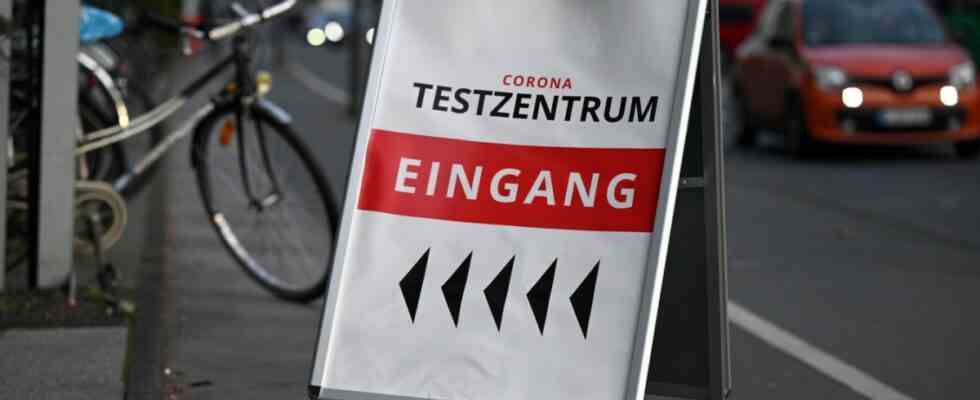With Jens Spahn, the money was pretty loose. And with Karl Lauterbach too. Not their own money, but that of the state. As Minister of Health, Spahn introduced rapid corona tests that were free for the population and with which fraudsters are said to have ripped off more than one billion euros. As Spahn’s successor, Lauterbach took a long time to take action against the mass fraud. And has now presented a plan that is proving to be unsuitable. Operators of private quick test stations who want to exempt the state with false bills did not have to fear Spahn and do not have to fear Lauterbach.
This waste of money is not unique. But indicative of how the state organizes the healthcare system. What the fight against the pandemic, what the hospitals, what special treatments and other things cost, apparently plays no role in many places. The money is there. The state gets it from the taxpayers, or it incurs new debts. And increases the subsidies for statutory health insurance if the money is not enough there. A few billion euros more here, a few billion euros more there; the health ministers should actually be dizzy. Whether they are called Spahn or Lauterbach, or Holetschek (Bavaria), Lucha (Baden-Württemberg) or Behrens (Lower Saxony).
However, they are not solely responsible for wasting money in healthcare, as the example of rapid tests shows. In the spring of 2021, all federal and state governments wanted state-funded rapid tests to avoid even more lockdowns and even more resentment. The quick solution was to get a free test. There were no plans at all to check the many thousands of privately operated test stations that were springing up like mushrooms. That was an invitation to fraud, issued by Spahn, with the approval of the federal and state governments.
Only when the media exposed how some rapid test operators systematically cheated the state with invented tests that were never carried out did this become an issue for politicians. But there are still no consistent controls. And there probably won’t be. Lauterbach’s idea of commissioning the Robert Koch Institute (RKI) to do this is a crazy idea. The main tasks of the RKI are Fighting infectious diseases and the “analysis of long-term health trends in the population”. Fraud analysis is not the job of the RKI. Physicians are now supposed to do the job of prosecutors, so to speak.
CIDs and prosecutors are struggling to keep up with investigations into rapid test fraud and other healthcare crimes. The investigative authorities are increasingly proving to be the repair shop of politics, because governments and parliaments fail to take precautions. Because there is a lack of controls and transparency. The Federal Court of Auditors and the statutory health insurance companies have been complaining about this for years with new examples. In the case of jaw treatments that are medically superfluous, false hospital bills, overpriced mask purchases, government gifts for pharmacies, and so on.
Germany gives in Information from the Federal Statistical Office spends the equivalent of the most money on healthcare in the EU. More than 400 billion euros per year. This is not only due to the pandemic, which should not tempt you to act hectically instead of deliberately anyway. And it’s not because Germany’s residents are particularly ailing compared to other countries. It is also due to a system that makes the scam easily possible. Not only but also.
From the investigating authorities comes the suggestion that the healthcare system should be systematically criminologists to let shine through. Such experts deal with the causes, effects and control and prevention options for criminal behavior in society. That would be a sensible order that Lauterbach could issue. And no crazy idea.

